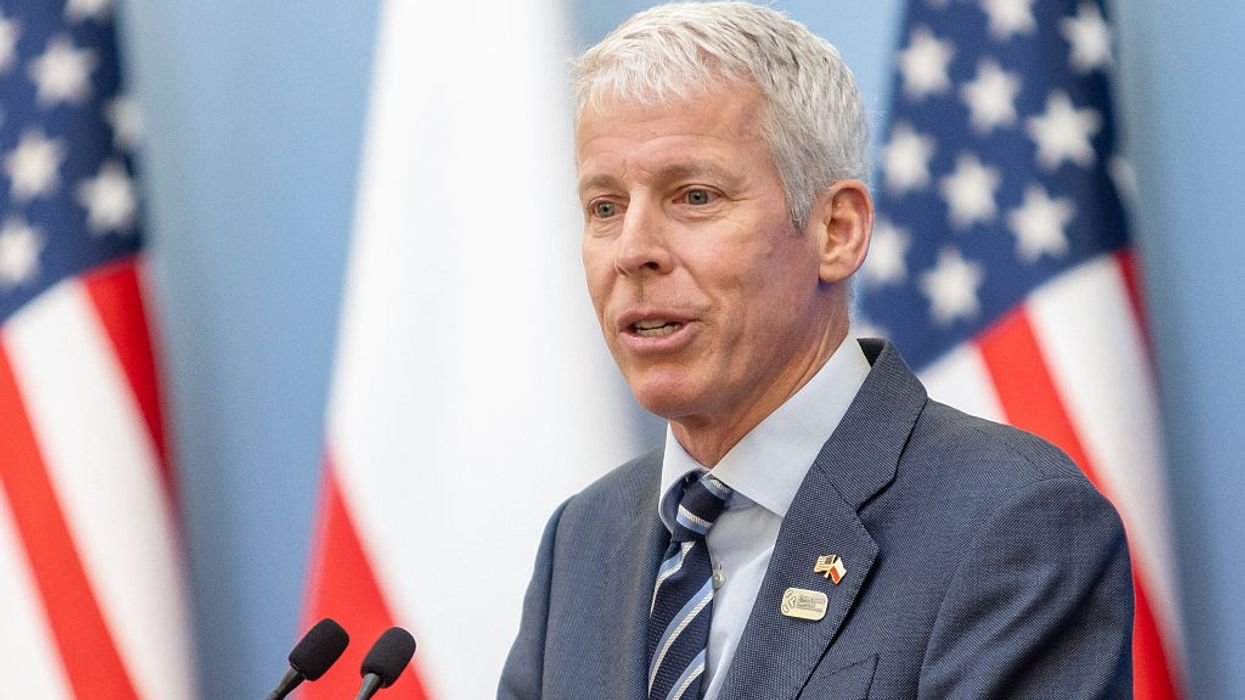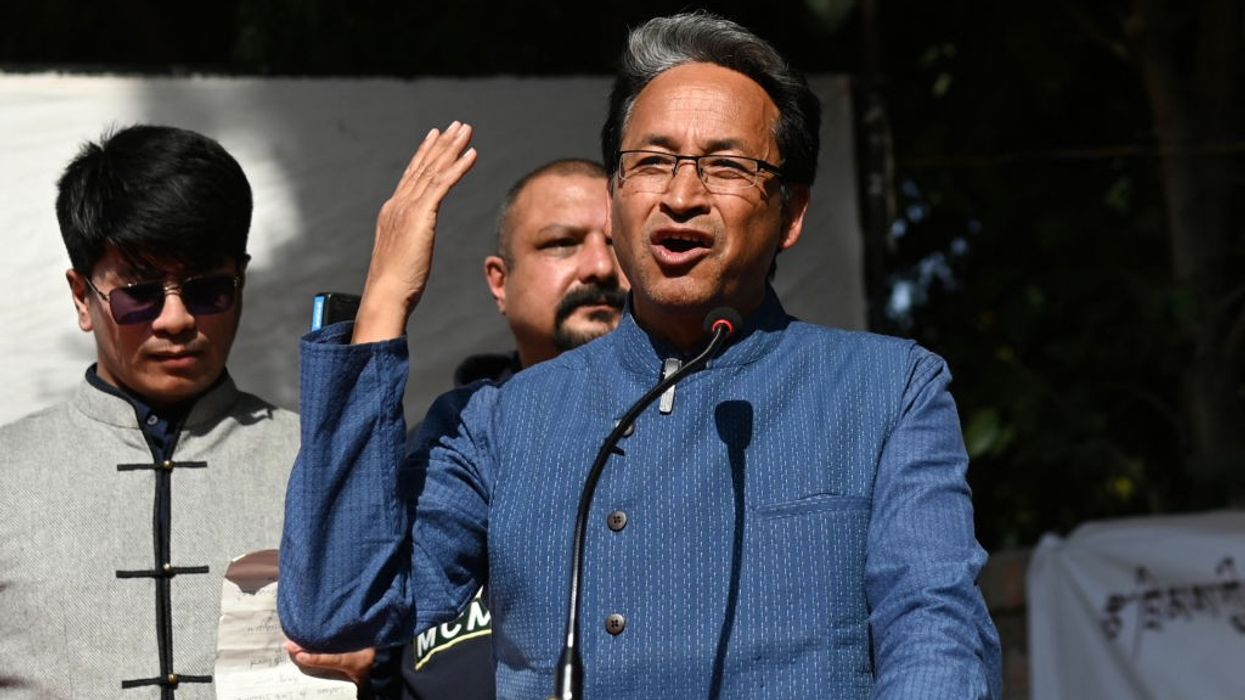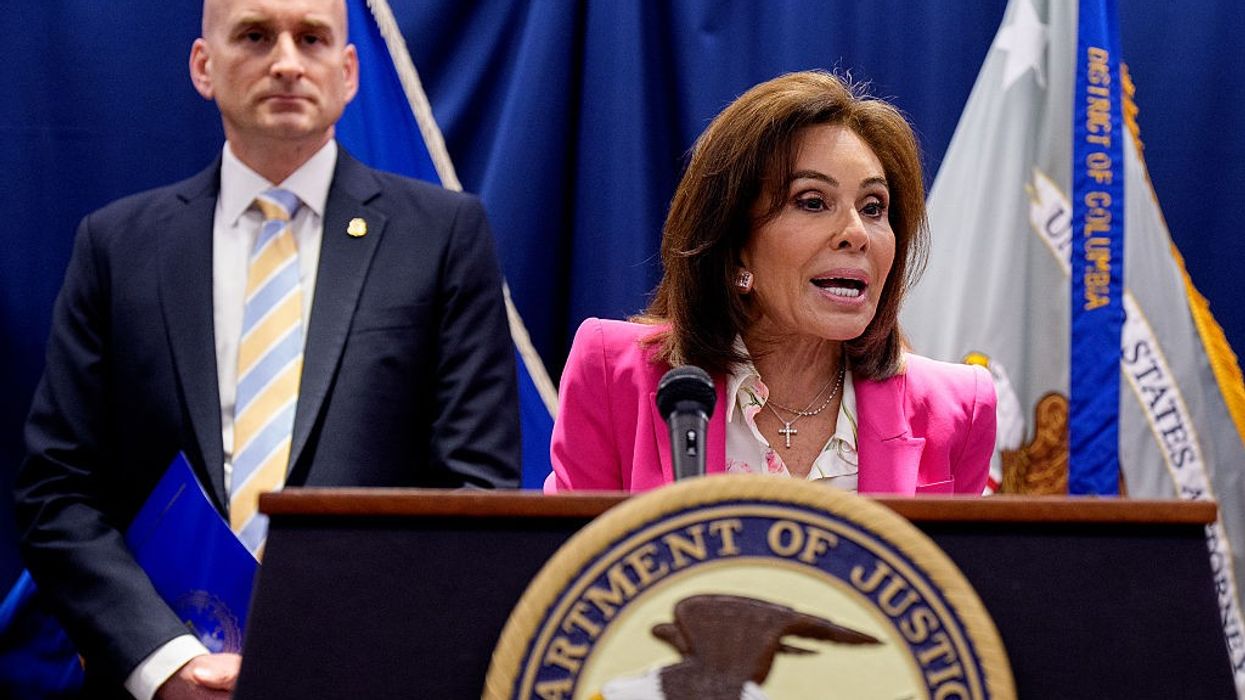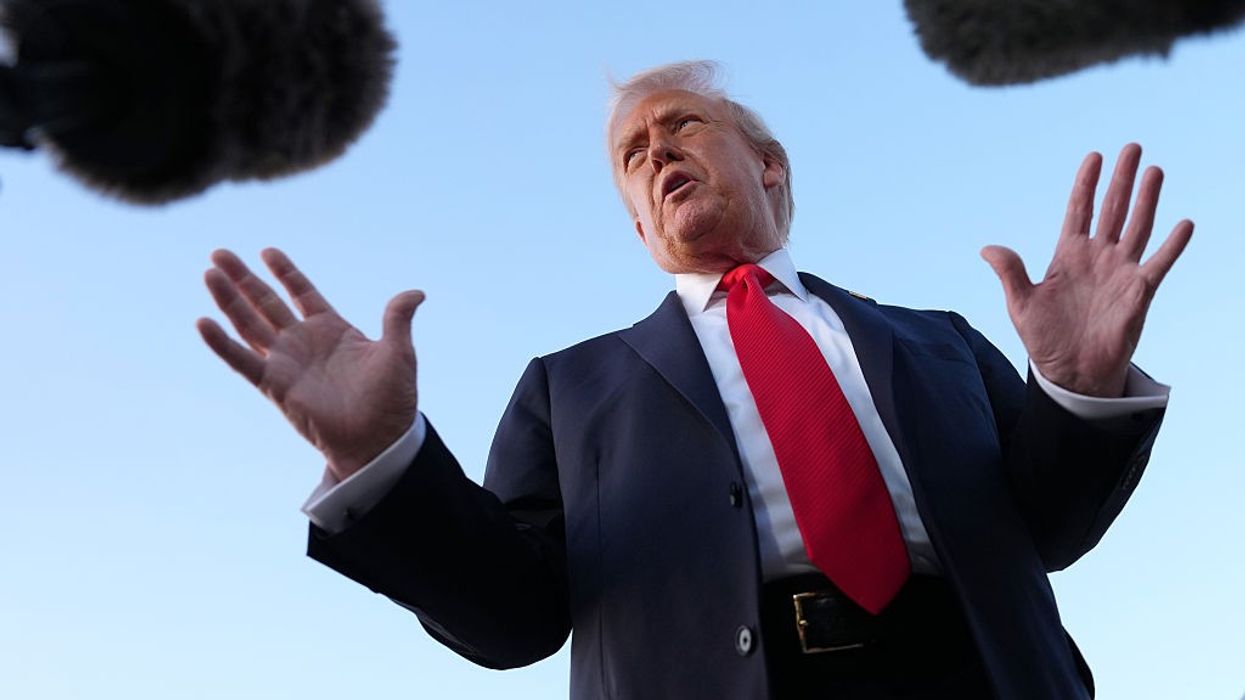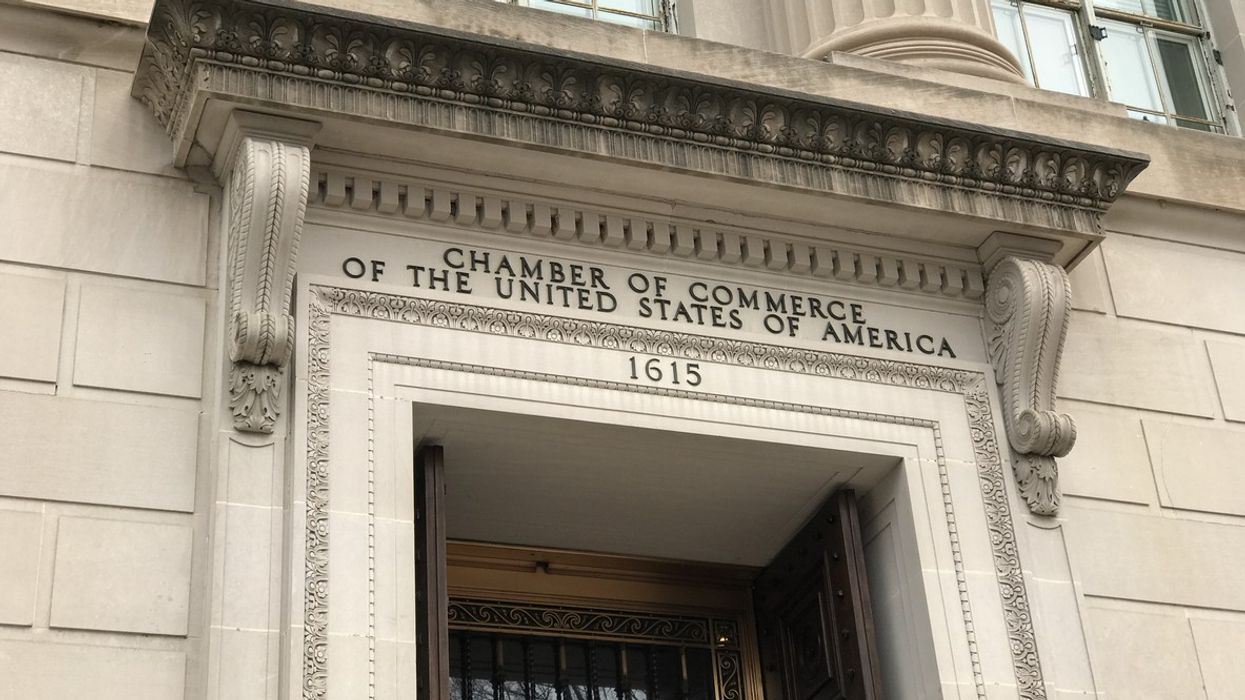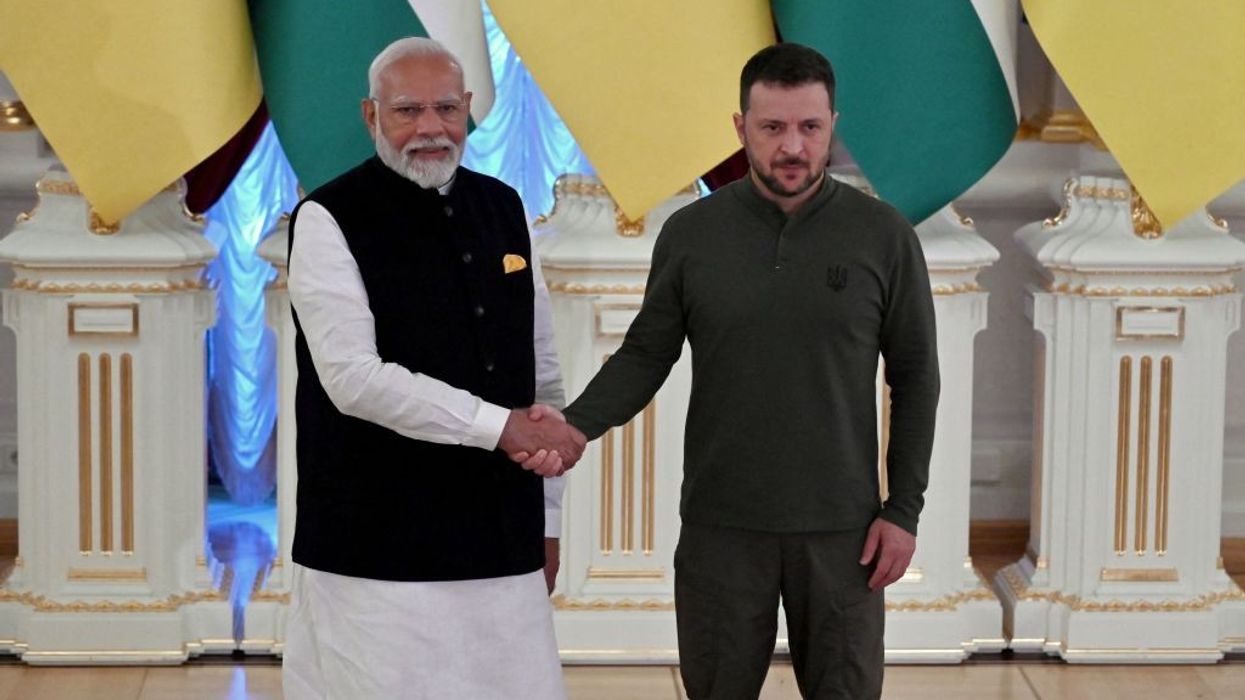US Energy Secretary Chris Wright has distanced the Biden administration from former President Donald Trump’s claims that America is preparing to invest heavily in Pakistan’s oil reserves. Wright clarified that there is currently no active US government or corporate interest in oil exploration or development projects in Pakistan, framing Trump’s statements as more political posturing than policy.
The clarification is significant for India, which has been closely watching regional energy developments. New Delhi’s energy strategy remains unaffected, as it continues to diversify its oil imports from the Middle East, Russia, and the US. Experts say Pakistan’s oil potential remains limited, and political instability deters large-scale foreign investment — leaving China as the main external player through the China-Pakistan Economic Corridor (CPEC).
Addressing concerns about India’s purchase of discounted Russian oil, Wright said the US “does not want to punish India” but seeks to end the war in Ukraine. He encouraged India to consider US oil exports as an alternative, stressing that “India can buy oil from every nation on earth, just not Russia.” His remarks offer reassurance that Washington still sees India as a key energy and strategic partner, not an adversary.
Reassurance to Indian Americans
The latest remarks by US Energy Secretary Chris Wright have provided a moment of clarity in what has been a turbulent few weeks for India-US relations. For the Indian American community, Wright’s statements are being read as a reassurance that the Biden administration is not looking to antagonize India but to strengthen the long-term energy and economic partnership between the two nations.
The controversy began when former President Donald Trump claimed that the United States was preparing to invest heavily in Pakistan’s untapped oil reserves, raising speculation about a shift in Washington’s regional energy strategy. Such a claim, if true, would have potentially altered the regional balance of power and complicated India’s strategic calculations.
However, Wright’s unequivocal clarification — that there is no active governmental or corporate interest in oil exploration projects in Pakistan — effectively shuts down any notion that Washington is looking to empower Pakistan’s energy sector.
For Indian Americans, this distinction matters. Many in the diaspora view the India-US relationship as a cornerstone of South Asia’s stability and a driver of innovation, technology, and commerce. Any signal that Washington might tilt towards Islamabad often sparks anxiety, particularly among business leaders and professionals who advocate for deeper economic ties between the two democracies. Wright’s statement is therefore being seen as an effort to calm the waters and reinforce trust.
Perhaps even more significant are Wright’s comments on India’s purchase of Russian oil. While he echoed Trump’s criticism that such purchases fund the war in Ukraine, he stopped short of framing India as a target of US punishment. Instead, he emphasized that Washington “does not want to punish India” but wants to end the war and expand bilateral energy trade.
India and China 'primary funders'
He further encouraged India to consider US oil exports, framing them as a viable alternative that could deepen cooperation. At a time when Trump has accused India and China of being “primary funders” of the Ukraine war, Wright’s softer and more constructive tone provides balance. It allows for maintaining confidence that Washington still views India as a critical partner in Indo-Pacific security, clean energy transition, and global supply chain resilience.
